Do You Know Where Your Food Comes from?
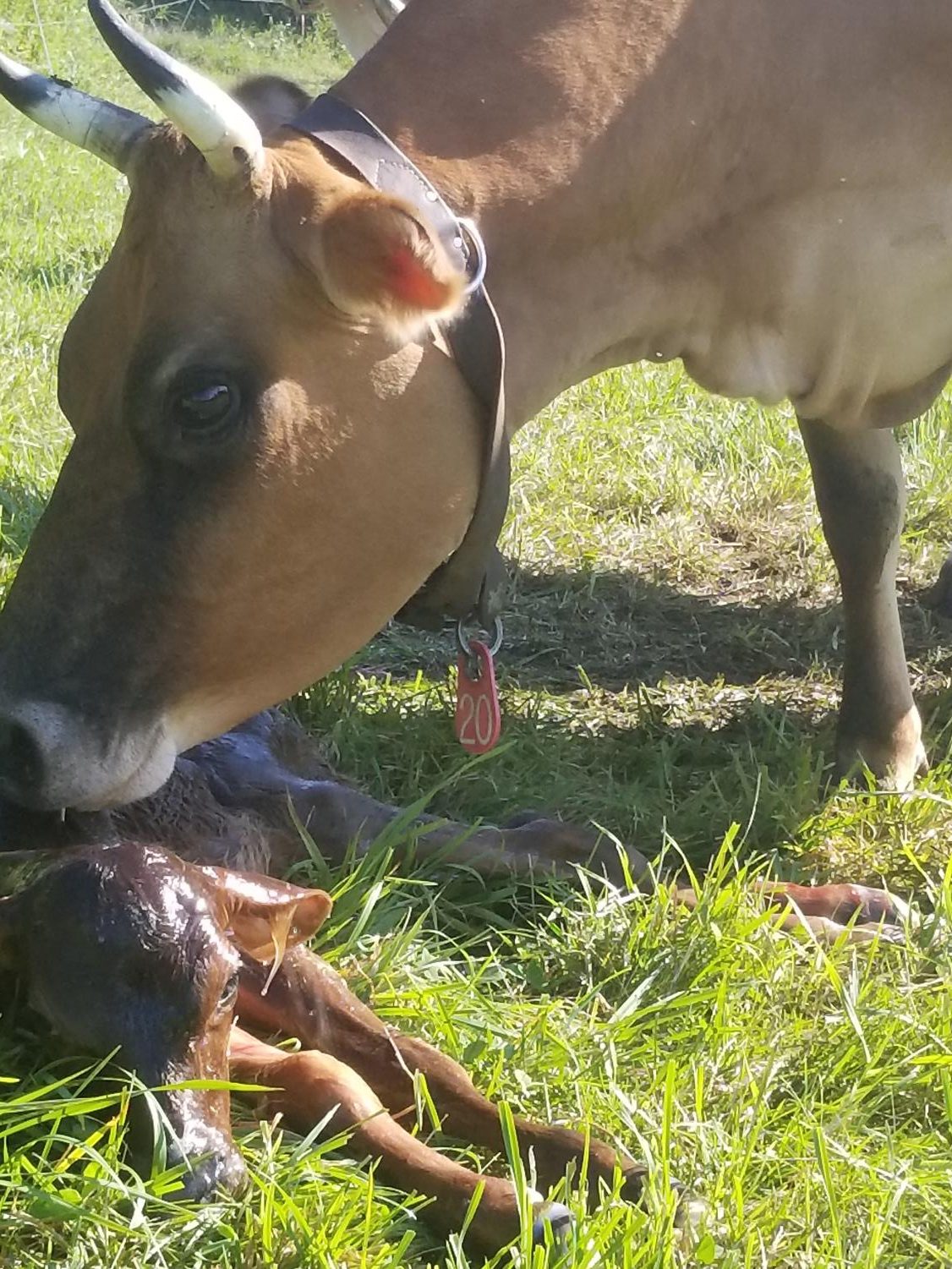
A simple question, really. Sure, you’ve seen pictures of rolling fields of grain and you’ve driven past a farm or two, but have you ever stopped to watch a cow being milked? Were you ever taught how the dairy industry works on a massive scale or on a small scale? I spoke with Melissa Benedikt, co-owner of Benedikt Dairy in Goffstown to talk about the inner-workings of farm life that the students of GHS might not hear about in class.
Melissa grew up in mostly suburban life (as suburban as New Hampshire can get), but she always felt drawn to nature, frequently spending time in the woods and going on backpacking trips. Her desire to farm started early though. She “pretty much always wanted a farm,” but she wasn’t able to realize her dream until 2011, when she and her husband finally took the leap into the farming world with their three children. Part of the appeal came from the role that farms traditionally play in the community. “Farms are where food is produced. They provide their local communities with fresher, and in most cases, healthier options.” All things which she finds incredibly important, but the biggest draw for her was that she has “always been interested in conservation, food, culture, and the way humans interact with the natural world.”
It has always been a goal of Melissa’s to get kids integrated in their farming process. She used to be part of an afterschool program that taught kids about how their food is grown through hands-on learning. Using a garden at the school, she helped kids harvest veggies and taught them how to grow them. Then, using those fresh vegetables, they made brick-oven pizzas to show how food that is grown right in front of you can actually be eaten. Ever since she first got a taste of educating younger generations, it has been a goal of hers to show that the food from a garden plant can turn into something edible, a process that is invisible to people who aren’t able to grow even the smallest amount of their own food.
Programs like hers have helped and are helping children have their food be part of their education, something that can seriously benefit them later in life when making choices at the grocery store. According to Melissa, Alice Waters is currently operating successful projects in California with the “Edible Schoolyard Project,” which gives students a glimpse into the world of their food. However, while gardens do grow some of the food, veggies are not where most calories come from. The majority of calories comes from either mass-produced corn and soy, or it comes from dairy or meat. And “there is still little, if any, education about that”.
A major issue with not having close to no education about the intricacies is that it creates this stereotype of farmers. A stereotype that makes agriculture the fastest shrinking industry in america. Melissa lamented that the stereotype of farmers is that farming is a fallback, something someone reluctantly does if they’re not smart enough to make it out of the business. In reality, says Melissa, “running a small-scale direct-market farm is like having three businesses all in one,” taking into account the production of the raw materials like milk and eggs, the production of finished products such as cheese and yogurt, and also the marketing. “You just have to know how to do all of that and be efficient at it.”
As a farmer, Melissa is very in tune with her environment. She intimately experiences all of the shifts in temperature and precipitation, as she spends most of her time outside. She notices a change in the pasture quality after receiving even a couple less inches of rain than usual in a given month. She sees the effect that a few degrees colder in the winter has on the animals, domestic and otherwise. She doesn’t just passively see it, either. In the blazing summer heat, Melissa is out in the garden weeding and harvesting, and in the middle of the worst snowstorms, she is bundled up in layers of scarves and heavy winter jackets in the wind and snow making sure the calves are warm and fed.
As a producer of food, she is able to experience every step in the process– from the first seed in the ground and the grass that the cows eat, to the beautiful vegetables, yogurt and cheeses that are for sale in the farmstand. This gives her a unique perspective into the natural process that for so many people happens behind closed doors.
Farming has changed Melissa’s life drastically, and opened her eyes to an entire world that was previously closed off to her. But with more education, she hopes to open more minds to the fundamentally essential process of growing food.
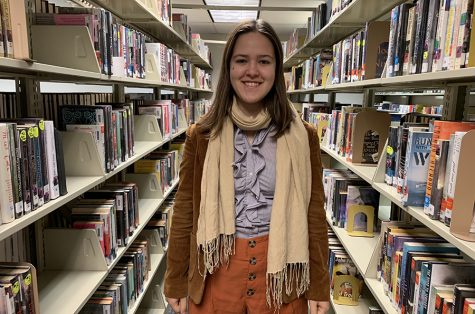
Lydia Von Schwanenfluegel is a Senior at GHS, and yes, she does know that her last name is very long; 18 letters, in fact. Lydia lives on a farm in Goffstown...



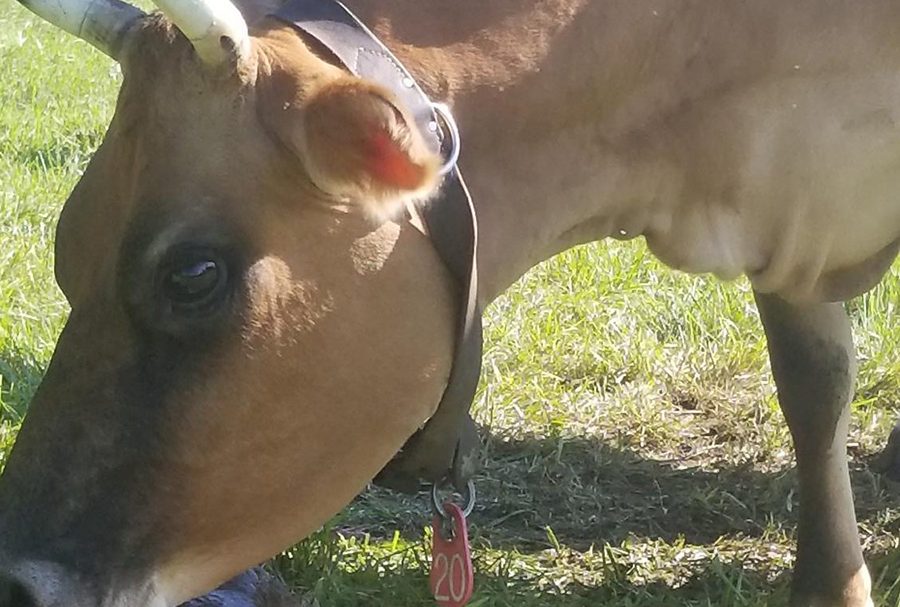
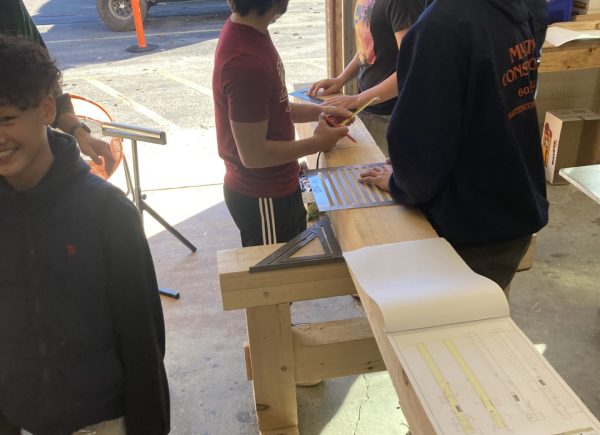
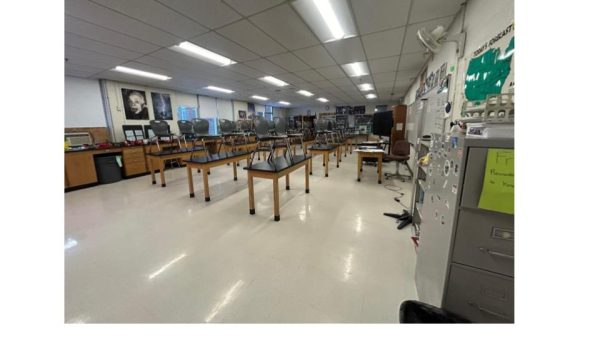
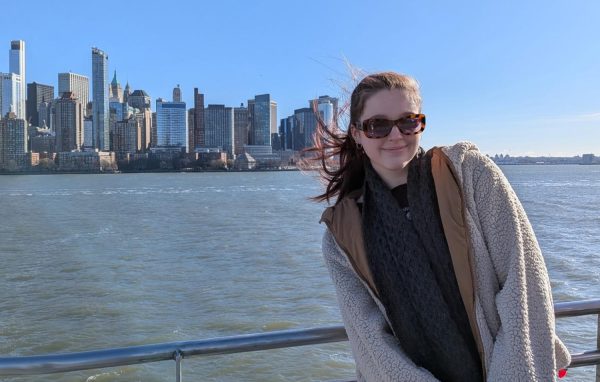
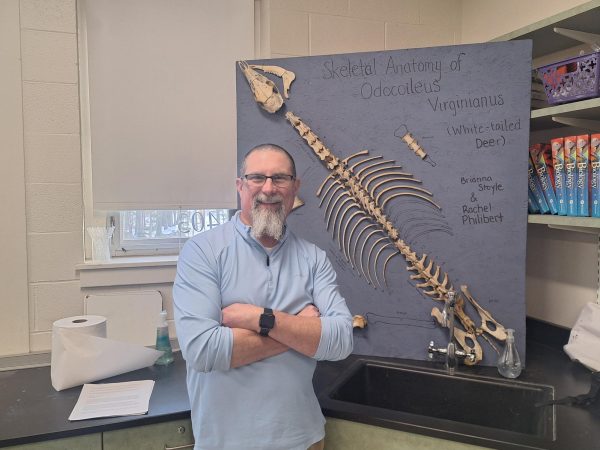
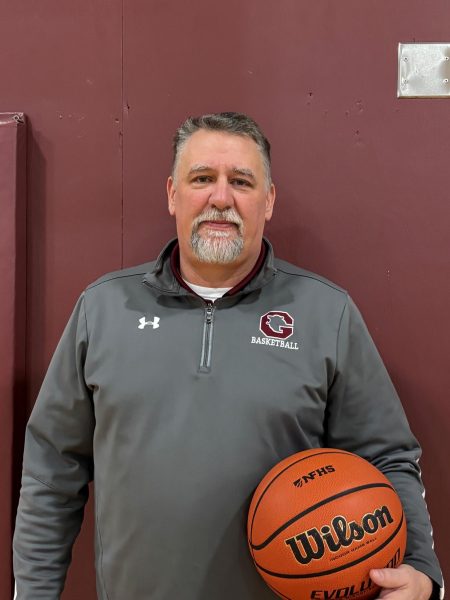
Lyn Starry • Sep 6, 2022 at 10:31 am
I think that this article opens up many eyes including my own to many different problems and ways that the world we live in functions. Very happy I chose to read about this.
Stella • Jan 8, 2019 at 8:41 pm
This article really opened my eyes on how the agrucultural world functions and how others should view it. I am glad I took the time to read this article!